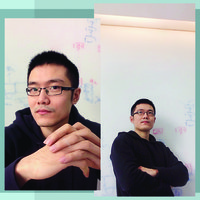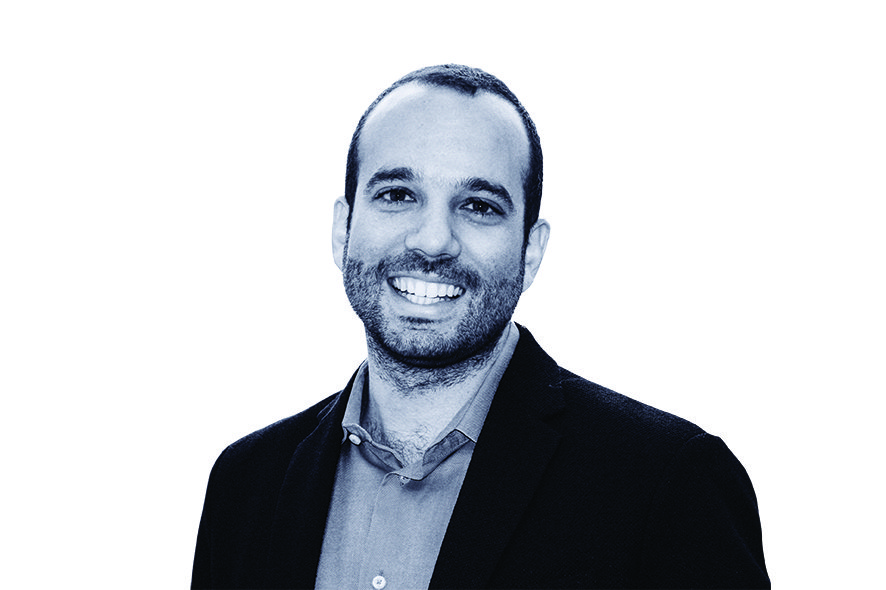Artificial intelligence & robotics
Miguel Modestino
He is reducing the chemical industry’s carbon footprint by using AI to optimize reactions with electricity instead of heat.

Global
Inioluwa Deborah Raji
Her research on racial bias in data used to train facial recognition systems is forcing companies to change their ways.

Japan
Ken Nakagaki
Inventor develops innovative user interfaces. Fun filled ideas pave the way for new relationships between people and machines.

China
Huichan Zhao
Perception for soft intelligent prostheses

Global
Jiwei Li
In the last few months, Google and Facebook have both released new chatbots. Jiwei Li’s techniques are at the heart of both.
